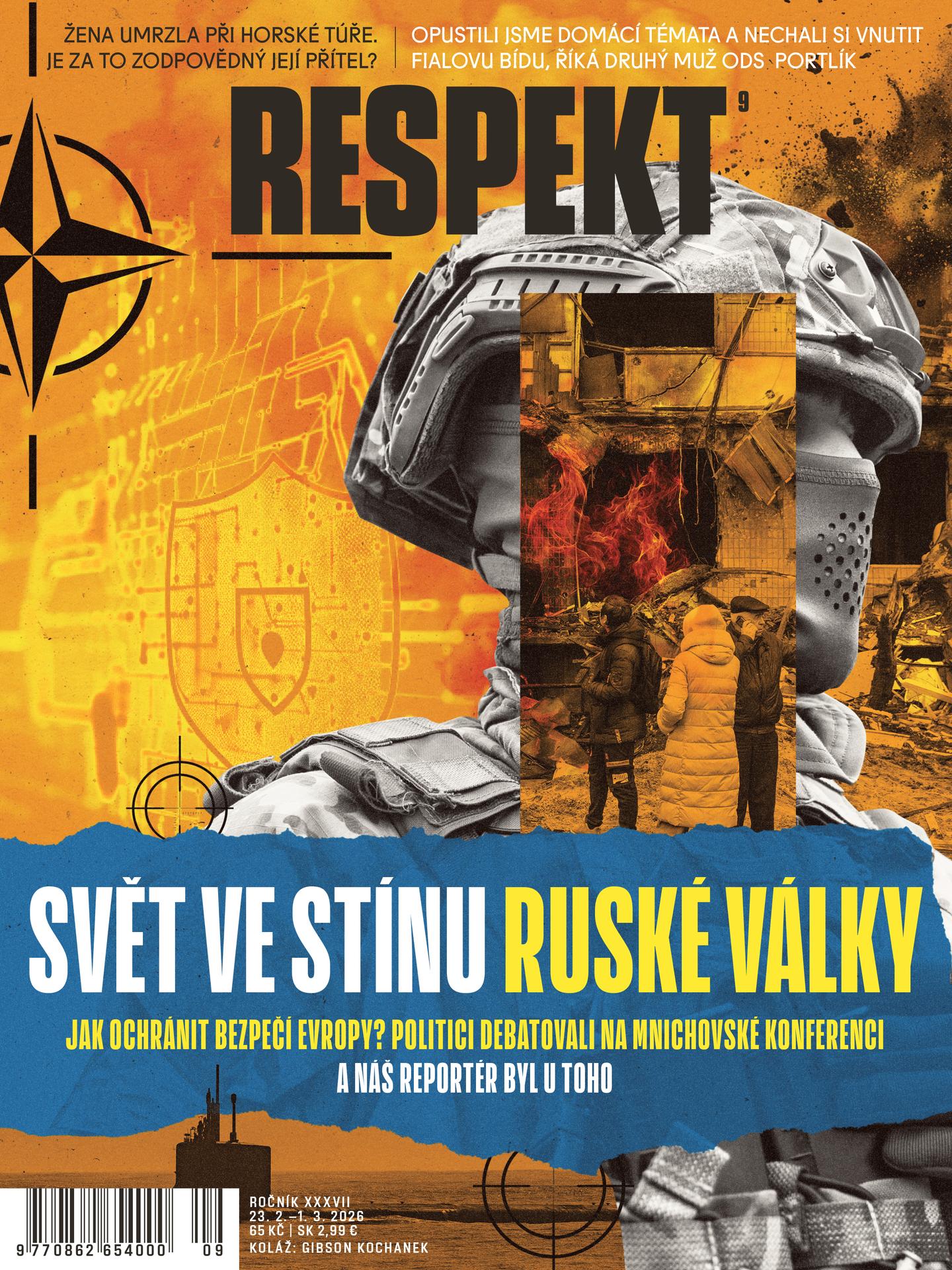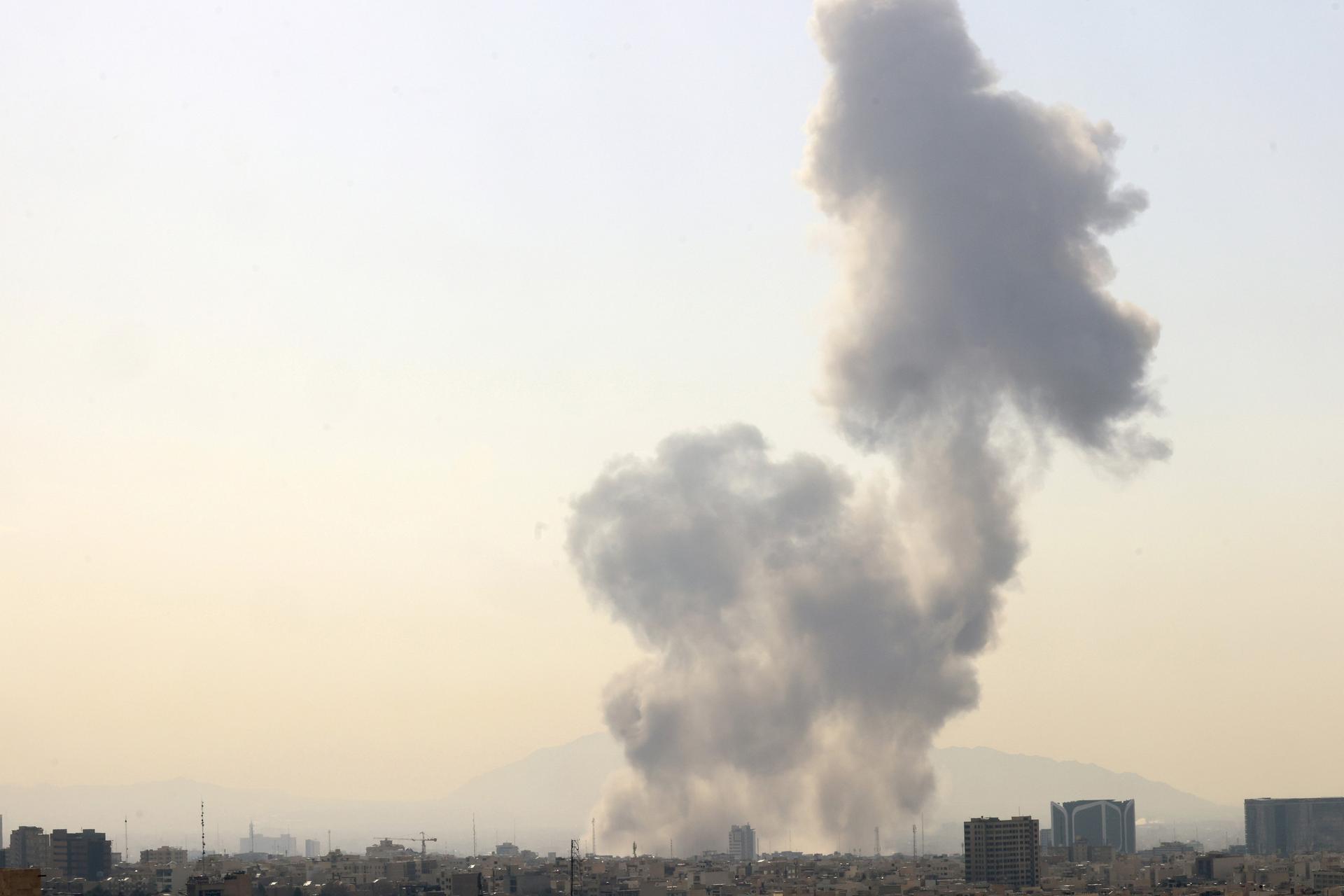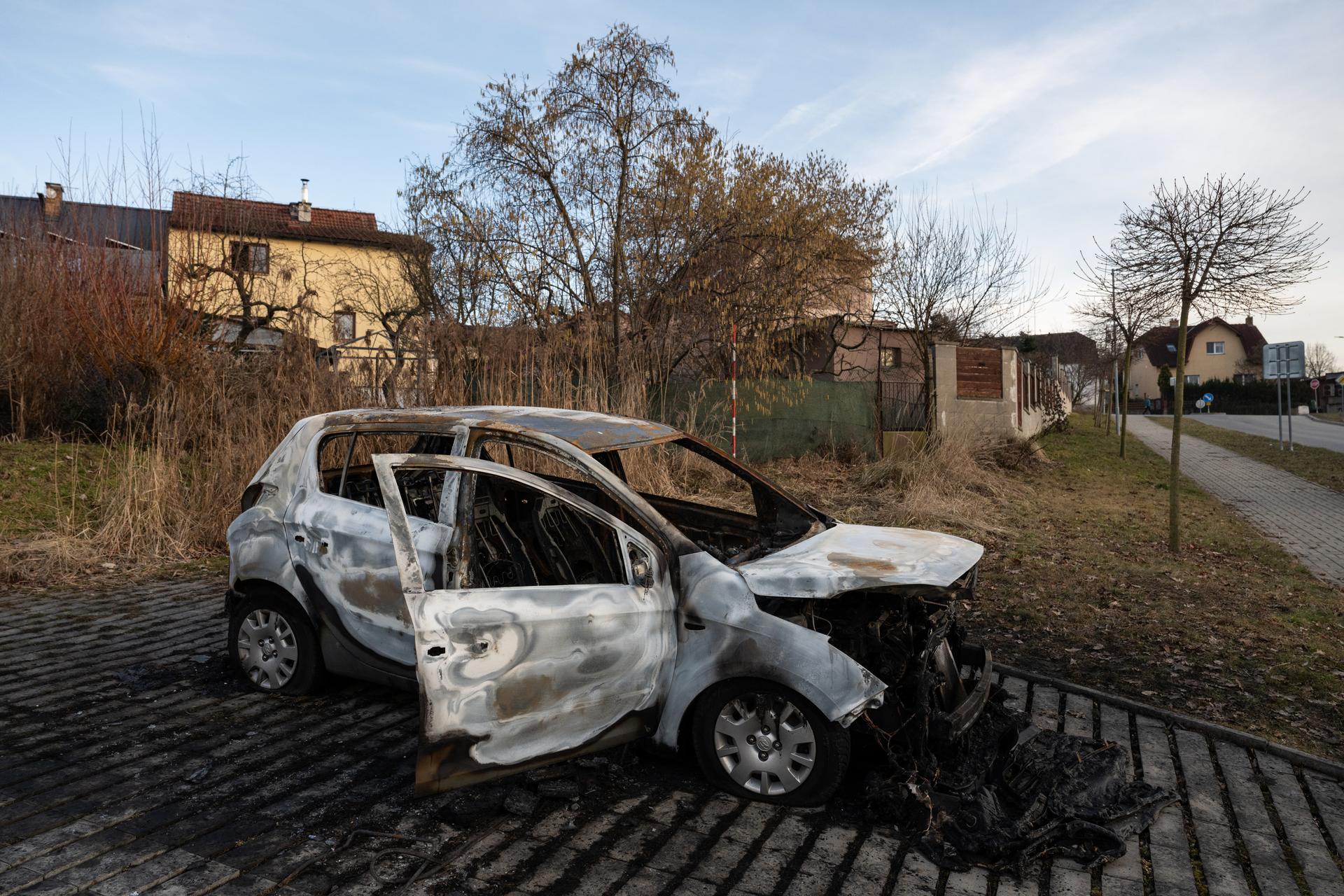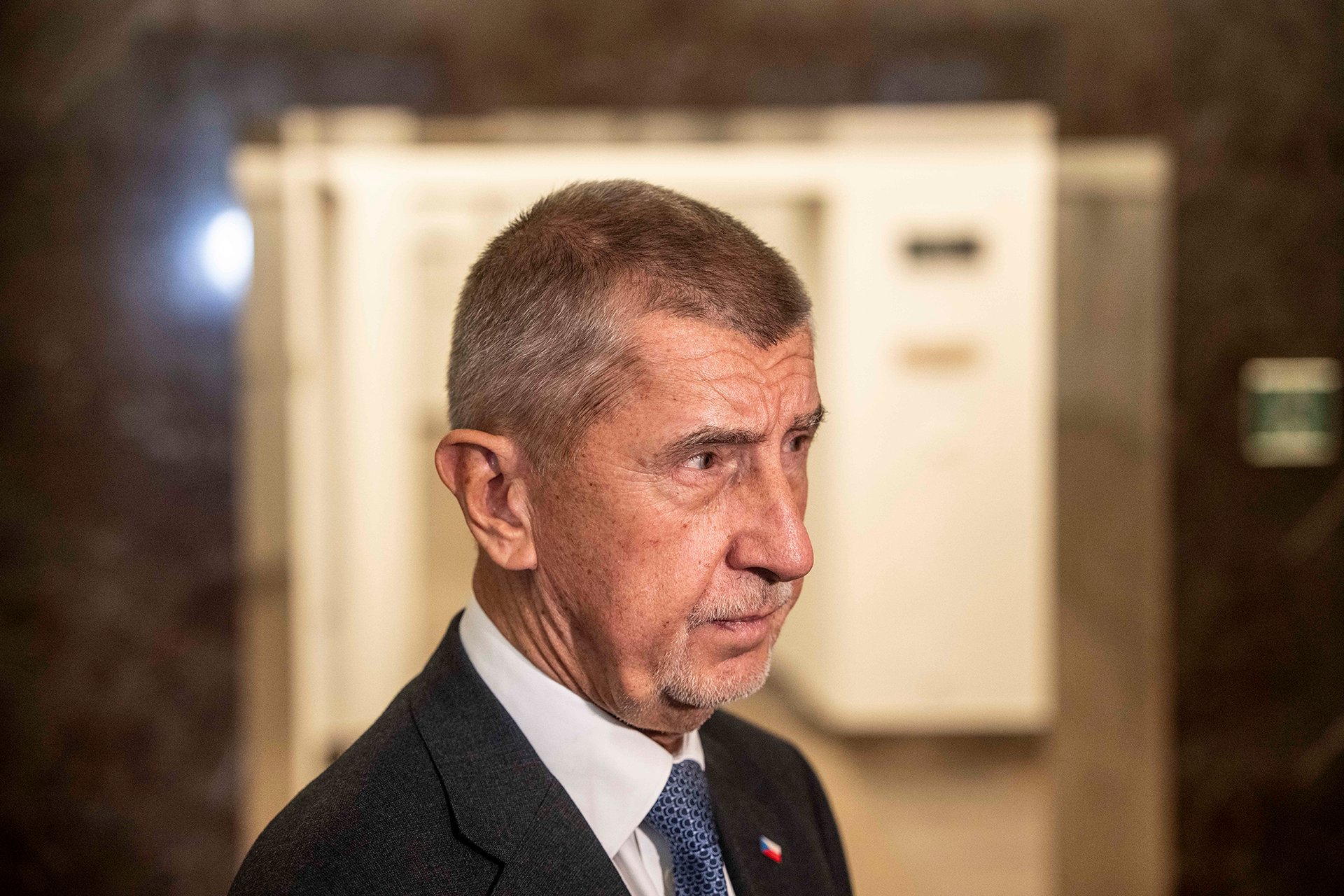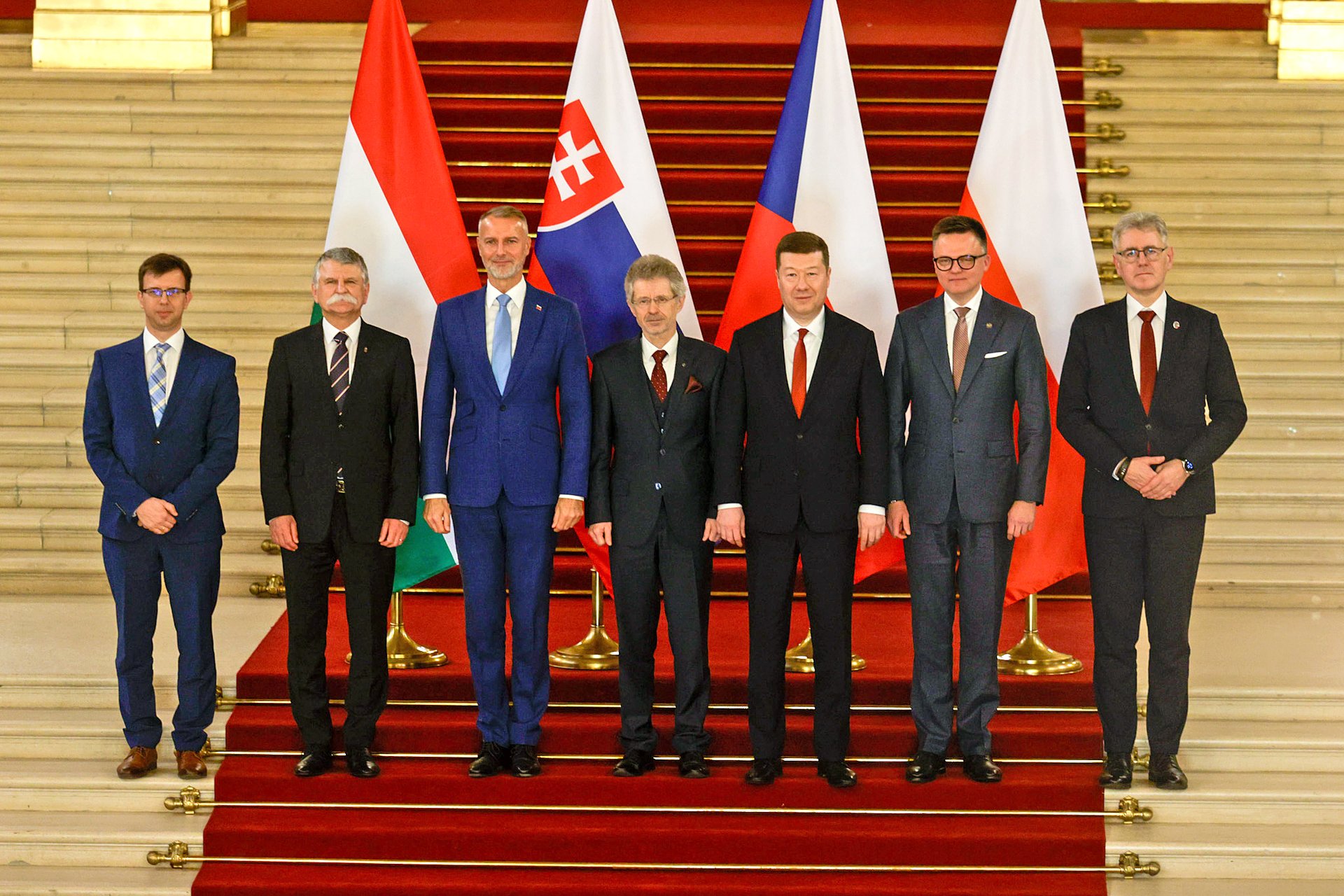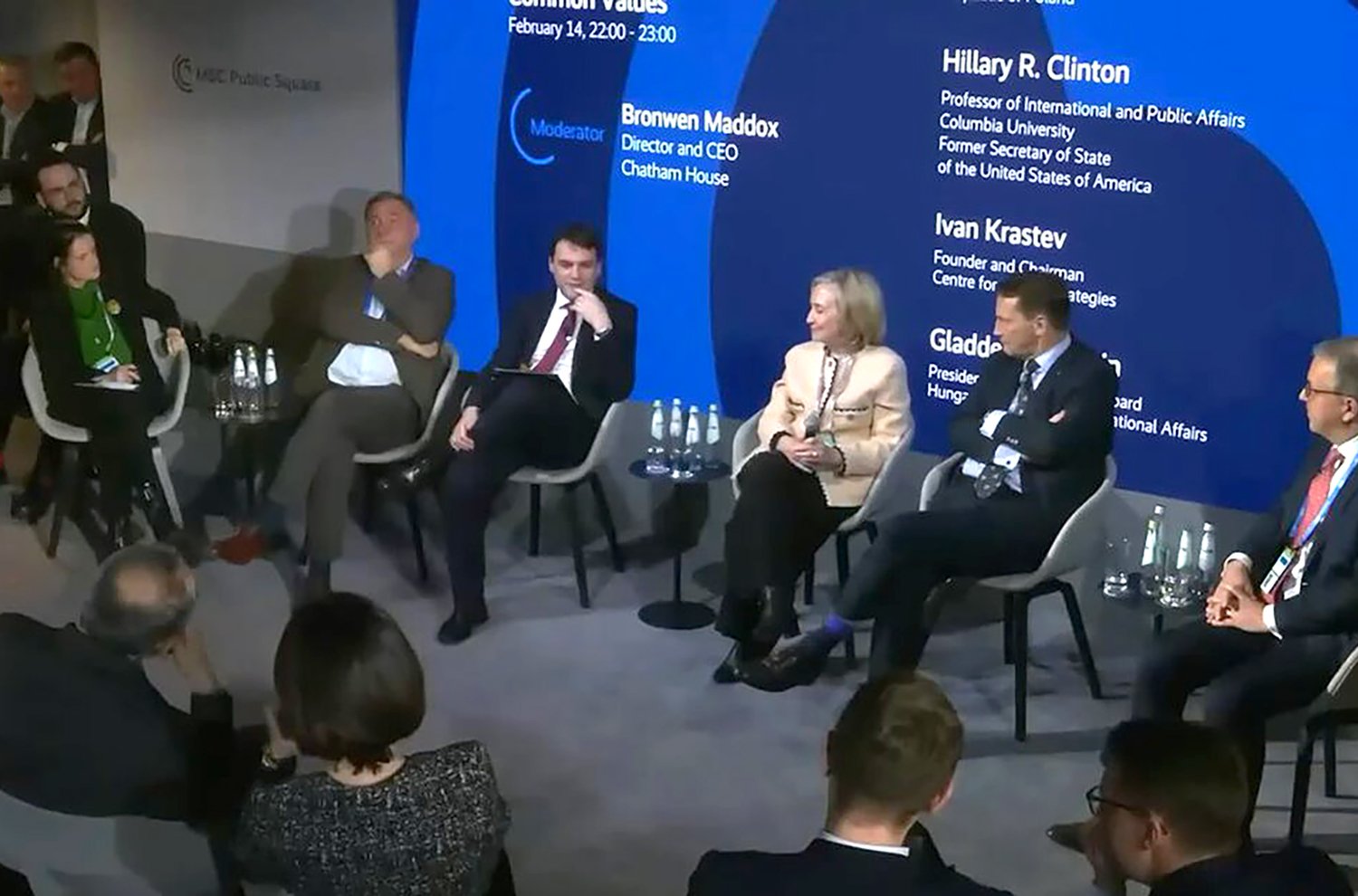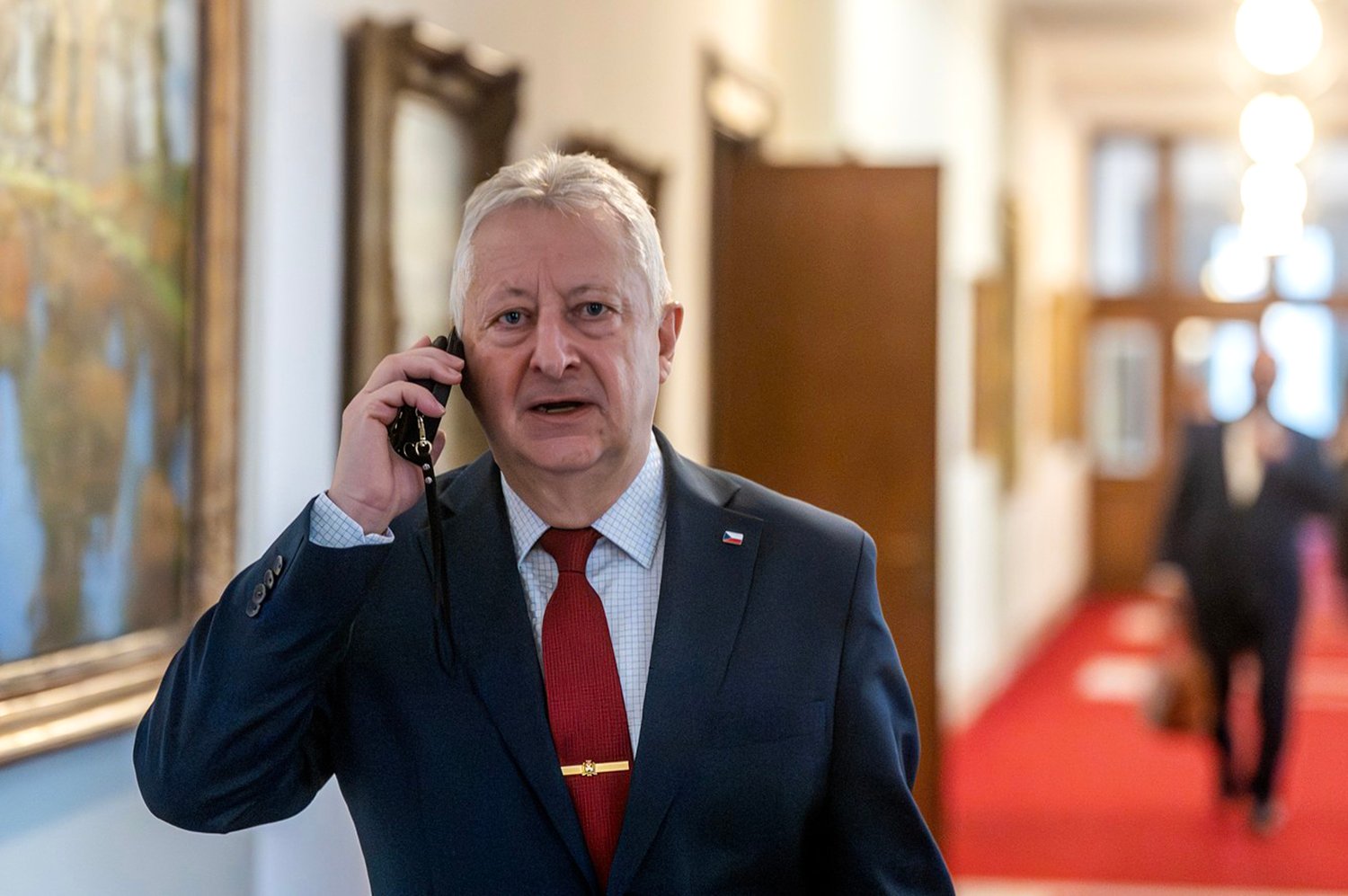Is Beslan a result of Russian policies in the Caucasus?
The recent, unprecedentedly abhorrent terrorist attack on the school in the North Ossetian town of Beslan killed hundreds of innocent children and adults, and left behind thousands of others to grieve the loss.

The recent, unprecedentedly abhorrent terrorist attack on the school in the North Ossetian town of Beslan killed hundreds of innocent children and adults, and left behind thousands of others to grieve the loss. The entire world was united in condemning this terrorist act; yet a question often arises as to whether it is not simply the result of inapt Russian politics in the Caucasus.
It is not just Chechnya but all of the Caucasus that is a volatile powder keg ready to explode. On both sides of the Great Caucasus mountains violence threatens to erupt between Ingush and (Northern) Ossets; Georgians and (South) Ossets; Abkhazians and Georgians; and Armenians and Azeris. And particularly because of the Caspian oil, the Caucasus is no longer an exclusive sphere of Russian interest ---even the United States strengthens its influence.
However, the hottest spot in the Caucasus has always been Chechnya; and from there violence in the form of terrorist attacks increasingly spills over not only into neighboring republics, but even into the southern and central regions of Russia and Moscow. Therefore, in order to fully comprehend this issue, it is important to remind us the chronological order of the conflicts.
The First Chechen War


In 1991, Chechnya refused to recognize the sovereignty of the federal government; Moscow's reaction was to send in a military force three years later. After less than two years, Russia pulled back from Chechnya (1996), which, in fact, was an acknowledgment of its military defeat.
As a result, during the most devastating war in Caucasus's recent history, an estimated 80,000 people were killed; that is about 8% of all Chechens. Tens of thousands suffered physical and psychological disorders; and hundreds of thousands lost their homes. Carpet bombing and artillery fire destroyed factories, the infrastructure, and significantly damaged the local ecosystem.
Under these awful conditions, Chechens began to rebuild their country. The clans' pursuit of individual interests (characteristic of Chechen society) caught a second wind after the withdrawal of Russian troops. Among some fellow fighters, now separated according to family and territorial clans into various armed formations, a bloody battle erupted about unlimited access to economic resources, especially to oil drillings in the central part of the republic.
At the same time, an ideological-religious fragmentation occurred in Chechen society, too. The war brought about a radicalization and shift in values, primarily in the psychically least resistant part of the public---the youth. Much of the younger Chechens who lost relatives, loved ones, and all their possessions, were unable to come to terms with their intense feelings of injustice, humiliation and suffering caused by Russian intervention. They longed for intelligible and precise explanations of what had happened and why, and tried to find some idea to live for. And so some of young men became followers of Wahhabism---a radical Islamic sect that sprang up in the mid-eighteen century in the deserts of the Arabian Penninsula.
The Wahhabits preach „pure Islam,“ and that the most important mission of each Muslim is Jihad-a holy war. This is a belief that is to be carried out against all „nonbelievers“ (according to Wahhabists, against anyone who does not adopt their extremely distorted religious convictions). And this belief appealed to some disoriented Chechens.
A de facto independent Chechnya became a witness to not only economically motivated battles between individual clans, but also to religiously conditioned and armed clashes between followers of traditional sufi Islam, to which a significant majority of the republic belongs. Nor was the Wahhabist sect averse to dealing with hostages, be they Chechens or foreigners; they demonstrated utmost cruelty against non-Muslims, assassinating their opponents without remorse.
Aside from the fact that only about 5 or 10% of Chechens sympathized with the Wahhabis, their discipline, fanaticism and economic self-sufficiency enabled them to secure a working relationship with a great many Islamic organizations all over the world. As a result of all these factors, they became a powerful force.
By trying to unite Chechen society to fight against a hated enemy and outmaneuver the moderate president, Aslan Maskhadov, with whom they had aggravated relations, the Wahhabis decided in 1999 to attack Dagestan. This unsuccessful attack, carried out under the slogan, „Free our Dagestan Brothers from the Russian Yoke,“ was used as an excuse by Russia to again invade Chechnya in the autumn of 1999.
Russia's Interests in Northern Caucasus
Russia not only defended its interests in the Northern Caucasus, but in the independent republics in the south as well. Shortly after the breakup of the Soviet Union, Moscow declared the territories of the former Soviet republics to be „nearby foreign countries“, what signalized its aim to maintain dominant influence there. This goal seemed to be of crucial importace especially in the light of the fact that pro-western regimes in Azerbaijan and Georgia, well-established during euphoric waves of nationalism, tried heavily to extricate themselves from bondage to a former power monopoly and considered becoming very closely aligned with the United States. In fact, the Caucasus region is of great significance not only because of its strategic geographic importance, but for its huge oil and gas reserves in the Caspian Sea.
Developing Caspian's oil infrastructure and Washington's enforcing transit of Caspian raw materials across Georgia into Turkey through the US-backed the Baku-Tbilisi-Ceyhan pipeline, rather than across Russia, was, naturally, not in the least welcomed by Moscow. In the event of social-economic modernization of the Caucasus and Central Asia countries, and the influential increase of power of both USA and NATO, Moscow's monopoly in this key region would be ended. Therefore, the Kremlin concentrated on destabilizing the region and subsequent „freezing“ of the Abkhazian, Karabakh and Southern Ossetian conflicts, using them as key instruments to influence policies of Baku and Tbilisi.
The first conflict was about Nagorno-Karabakh, a mountain enclave in Western Azerbaijan mainly settled by Armenians. War broke out in 1988 when Karabakh Armenians launched a campaign to join Karabakh with Armenia.
At the beginning of the 90s, some ethnic minorities actively endorsed separatism in neighboring Georgia. During 1991 and 1992, fighting broke out in Southern Ossetia; and one year later a war erupted in Abkhazia. At the end, both regions, with ample help from Russia, were able to gain de facto independence from Tbilisi.
Another autonomous republic of Georgia, Ajaria, also enjoyed de facto independence under the leader Aslan Abashidze flew almost to every week (yet in thirteen years of his „reign“ he never once went to Tbilisi).
In 1992 a disordered Georgia had no choice but to allow Russian military bases to be domiciled on its territory in exchange for Moscow's promise that Moscow would come to Tbilisi's aid to regain control over rebellious republics of Abkhazia and South Ossetia.
Nevertheless, Georgia never did get that promised support; hence since the end of the 1990s, despite exerting all efforts, its attempts to rid their land of Russian troops had been in vain.
During the past few years, however, the situation has dramatically changed. In Azerbaijan and Georgia, American influence is now quite strong and is gradually replacing any impact the Russians had made. The only exception is Armenia, what because of trying to hold onto control over Nagorno Karabakh, and security fears from Turkey, with which Armenians had long-standing strained relations, they are dependant on being strategically connected to Moscow.
In the spring of 2002, America's highly technical military force went into the South Caucasus. When Tbilisi and Washington declared a joint effort to uproot „Chechen terrorists“ from the Pankisi Gorge in Northern Georgia near the Georgian-Chechen border, the Pentagon ordered the training of special units of the Georgian army.
As was expected, no American-Georgian military operation in this area ever took place. However, the international threat of terrorism and efforts to curtail it acted as a sufficient reason to gradually increase the military-political expansion of the U.S. into the Caspian region, e.g. Caucasus and Central Asia. That is what the local regimes are in favor of and, to a certain degree, welcome so as to strengthen their independence from Moscow.
Transformation of the Chechen conflict
While the South Caucasus slowly and steadily extricates itself from Kremlin's grip, a gradual „Palestinization“ is taking place in Chechnya as a result of the consistent terror brought on by Russian forces towards Chechen civilians during the past four years of occupation. Indeed, more and more inhabitants of the Chechen republic are endlessly being exposed to „mopping-up operations“, kidnappings, murders, torture and rape of relatives and fellow countrymen carried out mostly by Russian soldiers and pro-Moscow Chechen militia. So they either become guerrillas or wage personal wars against those they view as enemies.
Today many of them are motivated not by politics (Chechnya's independence) or religious motives (a holy war against unbelievers) as they were when the war repeatedly began in 1999, but rather by their individual efforts to seek blood revenge for the relatives that had been either killed or disgraced. In the mountainous regions of the Caucasus, being incapable of avenging an insult is regarded as an enormous shame.
Consequently, while four years ago Moscow could have conceivably agreed to hold discussions with the Chechen separatist president Aslan Maskhadov, who more or less controlled the resistance forces, today, dealing with hundreds of psychologically damaged individuals whose only reason for being is revenge, is utterly impossible.
The author is a lecturer at the Political Studies Institute of Charles University in Prague and a regular contributor to Prague Watchdog.
Pokud jste v článku našli chybu, napište nám prosím na [email protected].

